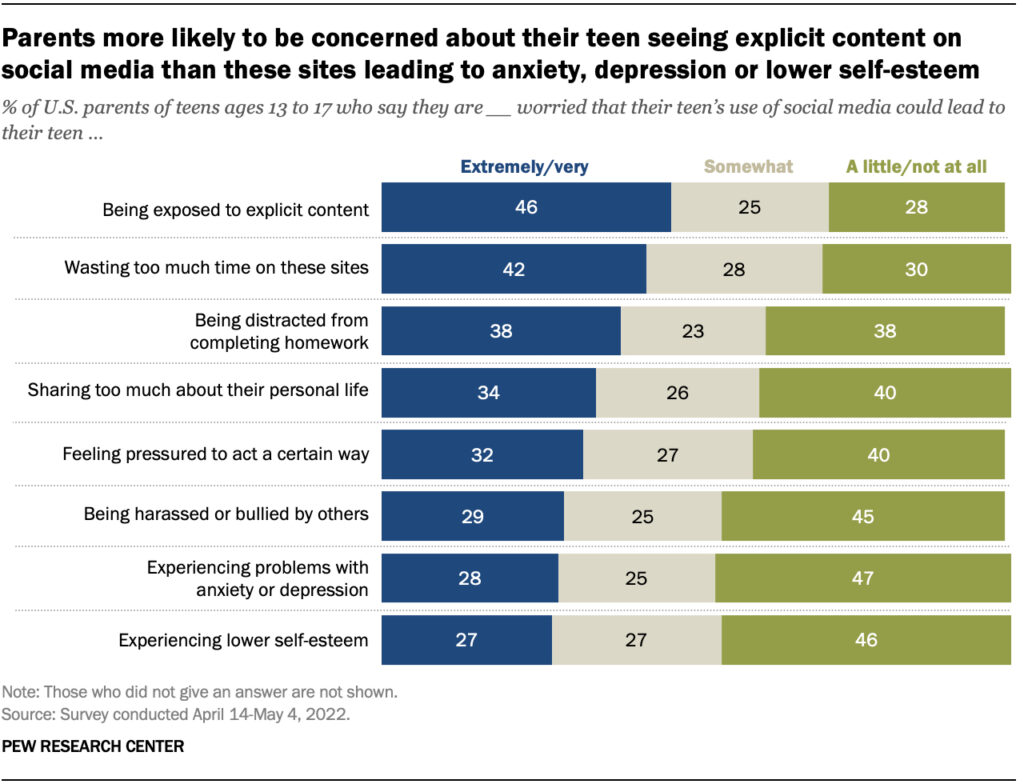 Frances Haugen was a Facebook product manager whose job was to protect against election interference on the social media site. She worked at the company for nearly two years, departing in May of 2021. During her time at the social media company now known as Meta, she became disillusioned with her work, believing that Facebook was more concerned about “growth and user engagement” than about making sure the web site was a healthy place for people to go to for information.
Frances Haugen was a Facebook product manager whose job was to protect against election interference on the social media site. She worked at the company for nearly two years, departing in May of 2021. During her time at the social media company now known as Meta, she became disillusioned with her work, believing that Facebook was more concerned about “growth and user engagement” than about making sure the web site was a healthy place for people to go to for information.
Before working for Facebook, she had put in time working for Google and social media channel Pinterest. During this time she also had a close friend who radically changed his personality and beliefs after spending large amounts of time online reading material on forums about white nationalism and the occult. This experience made he start questioning how social media might affect young people.
“It’s one thing to study misinformation, it’s another to lose someone to it,” she said. “A lot of people who work on these products only see the positive side of things.”
During her last several months at Facebook, she dug through a large archive of company research and reports that were posted openly to the company’s intranet Facebook Workplace. These documents were the basis of a series of stories published in the Wall Street Journal that argue:
- Facebook’s rules favor powerful elites, with the usual rules being ignored when it comes to powerful politicians and celebs.
- The channel’s algorithms promote conflict by promoting engagement instead of reliable information.
- Their services are used openly by bad actors such as drug cartels and human traffickers.
- Instagram can have negative effects on vulnerable girls’ mental health.
Haugen eventually leaked six documents about internal research on the effects of Meta’s social media sites that were published about in a series of stories by the Wall Street Journal known as “The Facebook Files.”
One of the biggest offenders, according to the Facebook Files, was photo-sharing service Instagram. The company’s own work showed that spending time on Instagram made body image worse for at least one-third of teen girl users. Closely connected were reports that Instagram posts focused heavily on “body image and lifestyle” and that they fostered excessive social comparison.
The Journal found that these negative social media effects tended to be connected specifically to Instagram:
“That is especially true concerning so-called social comparison, which is when people assess their own value in relation to the attractiveness, wealth, and success of others. The tendency to share only the best moments, a pressure to look perfect, and an addictive product can send teens spiraling toward eating disorders, an unhealthy sense of their own bodies, and depression, March 2020 internal [Meta] research states.”
In response to criticism of how Instagram has engaged with teens and pre-teens, Meta has urged young people to have private accounts and is working at controlling which ads will be shown to them. The company has also said it is working on developing a new product for users under age 13, though as of this writing in the winter of 2024, Meta had only announced new controls on existing products.
The publication of the so-called Facebook Files led to congressional hearings, multiple states suing social media companies, and New York City declaring social media to be a public health hazard because of its effects on young people’s mental health.
According to a study by the Pew Research Center, parents have a wide range of concerns about potential negative effects of social media on teens that may or may not be supported by actual research:
• Being exposed to explicit content
• Wasting too much time on the sites
• Being distracted from completing homework
• Sharing too much about their personal life
• Feeling pressured to act in a certain way
• Being harassed or bullied
• Experiencing problems with anxiety, depression, or lower self-esteem
Parents of girls expressed more concern about problems with anxiety, depression and lower self-esteem than did parents of boys.
In 2023, the U.S. Surgeon General’s office published an advisory report on “Social Media and Youth Mental Health.” This report looks at both the negative and positive outcomes that might come from young people’s use of social media. In the study the Surgeon General’s office reviewed a wide range of studies, trying to put together a summary of what we know about the subject, as opposed to what teens, parents and politicians think they know.
Overall, the report found that social media is a near universal experience for teens, with nearly 95 percent of those 13-17 reporting using a social media platform. And while children under 13 are supposedly not allowed on social media, research shows that nearly 40 percent of those ages 8-12 use social media.
One clear finding of the study was that while social media may have a variety of effects on young people, “different children and adolescents are affected by social media in different ways, based on their individual strengths and vulnerabilities, and based on cultural, historical, and socio-economic factors.” (In fact, this statement could be applied to virtually all mass communication research every conducted.)
The Surgeon General’s report found that there are potential benefits to youth from using social media including providing connections with people who share similar interests and creating a place for self-expression. Social media can also give young people a chance to interact with a more diverse peer group than they would have access to otherwise. As an example, a 20-year-old Stanford University student said that she liked being able to follow other young women who use wheelchairs on Instagram, which was a positive influence for her.
On the negative side, the report found that adolescents who spent more than three hours per day on social media had double the risk of experiencing symptoms of such as depression and anxiety. One study reviewed in the report found that limiting social media exposure to 30 minutes a day led to “significant improvements in depression severity.” The report also found support for concerns that social media content could help promote “body dissatisfaction, disordered eating, and depressive symptoms.”

